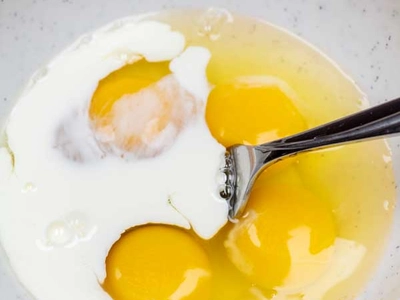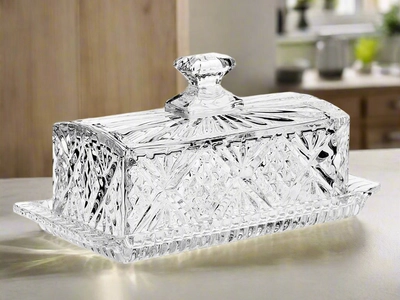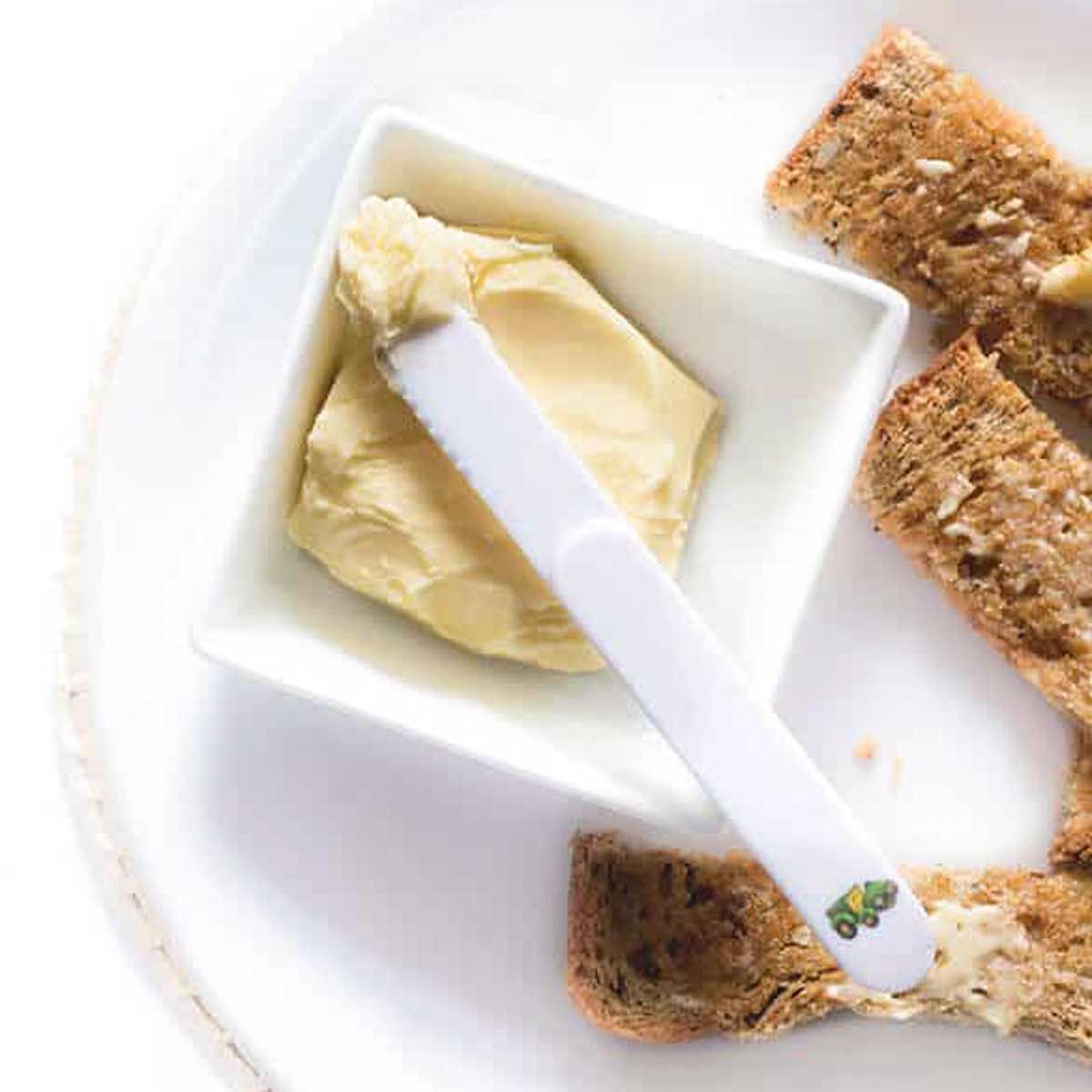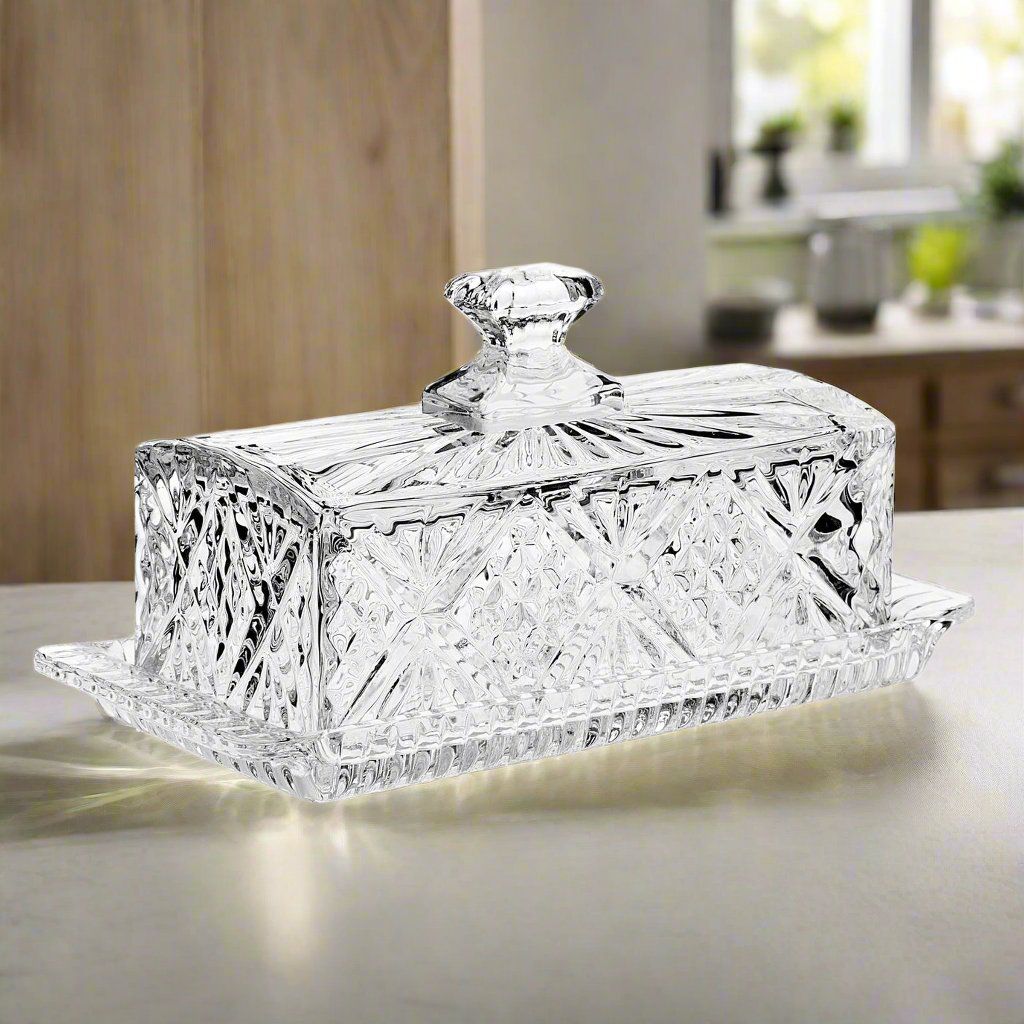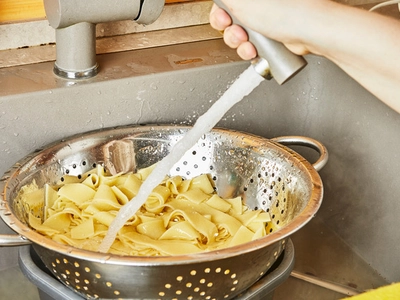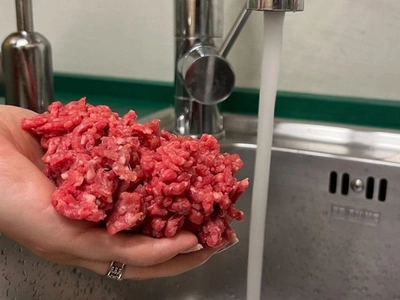The Shocking Truth About Milk In Scrambled Eggs That Will End Family Arguments Forever
Let's settle this once and for all. Every family has one—that well-meaning relative who insists on adding milk to scrambled eggs, claiming it makes them "creamier" and "better." But here's the hard truth that will shock you: adding milk to scrambled eggs is actually ruining them, and science backs this up.
The Science Behind Why Milk Makes Eggs Worse
When you add milk to scrambled eggs, you're not improving them—you're sabotaging them. Here's what's actually happening in that pan:
Protein Dilution: Eggs are primarily protein. When you add milk, you're diluting these proteins, which raises the coagulation temperature from about 160°F to 175°F. This means your eggs take longer to cook and become tough and rubbery in the process.
Unwanted Steam: The water content in milk creates steam during cooking, which interrupts how proteins bind together. Instead of silky, creamy eggs, you get watery, separated curds floating in liquid.
Flavor Destruction: Milk doesn't enhance the rich, buttery flavor of eggs—it masks it. You're essentially diluting the very taste you're trying to achieve.
What Professional Chefs Actually Do
Here's what might surprise you: most world-renowned chefs don't add milk to their scrambled eggs. Gordon Ramsay's famous technique uses pure eggs with butter and never touches milk. Jacques Pépin, the legendary French chef, also advocates for pure eggs without any dairy additions.
The French technique—considered the gold standard for scrambled eggs—uses only eggs, butter, and gentle heat. No milk in sight.
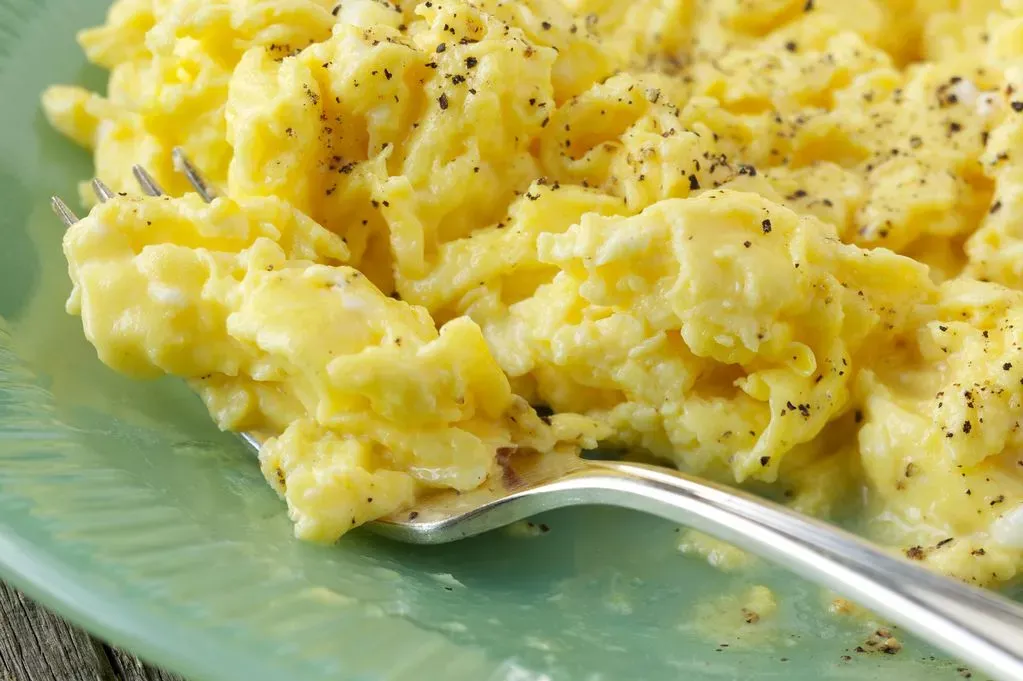
The Heavy Cream Exception
Now, before you think all dairy is bad, there's one exception: heavy cream. Unlike milk, heavy cream contains much less water and more fat. A small amount of heavy cream can actually create silky, custard-like eggs because the fat content enriches rather than dilutes the proteins.
But even then, many top chefs argue that perfect eggs need nothing more than butter and proper technique.
The Water Alternative That Actually Works
If you want fluffier eggs, here's a secret most home cooks don't know: add a tiny splash of water, not milk. The small amount of steam created by water (when used sparingly) can make eggs lighter without the protein-diluting effects of milk.
But honestly? The best scrambled eggs need nothing but:
- Fresh eggs
- Good butter
- Low heat
- Patience
Why This Myth Persists
So why do so many people still add milk? It's a generational habit passed down from times when eggs were lower quality and milk was thought to "stretch" the meal. But with today's high-quality eggs, this practice is not only unnecessary—it's counterproductive.
The milk-in-eggs myth also persists because people mistake the temporary volume increase from steam for actual improvement. But that extra fluffiness quickly deflates, leaving you with watery, tough eggs.
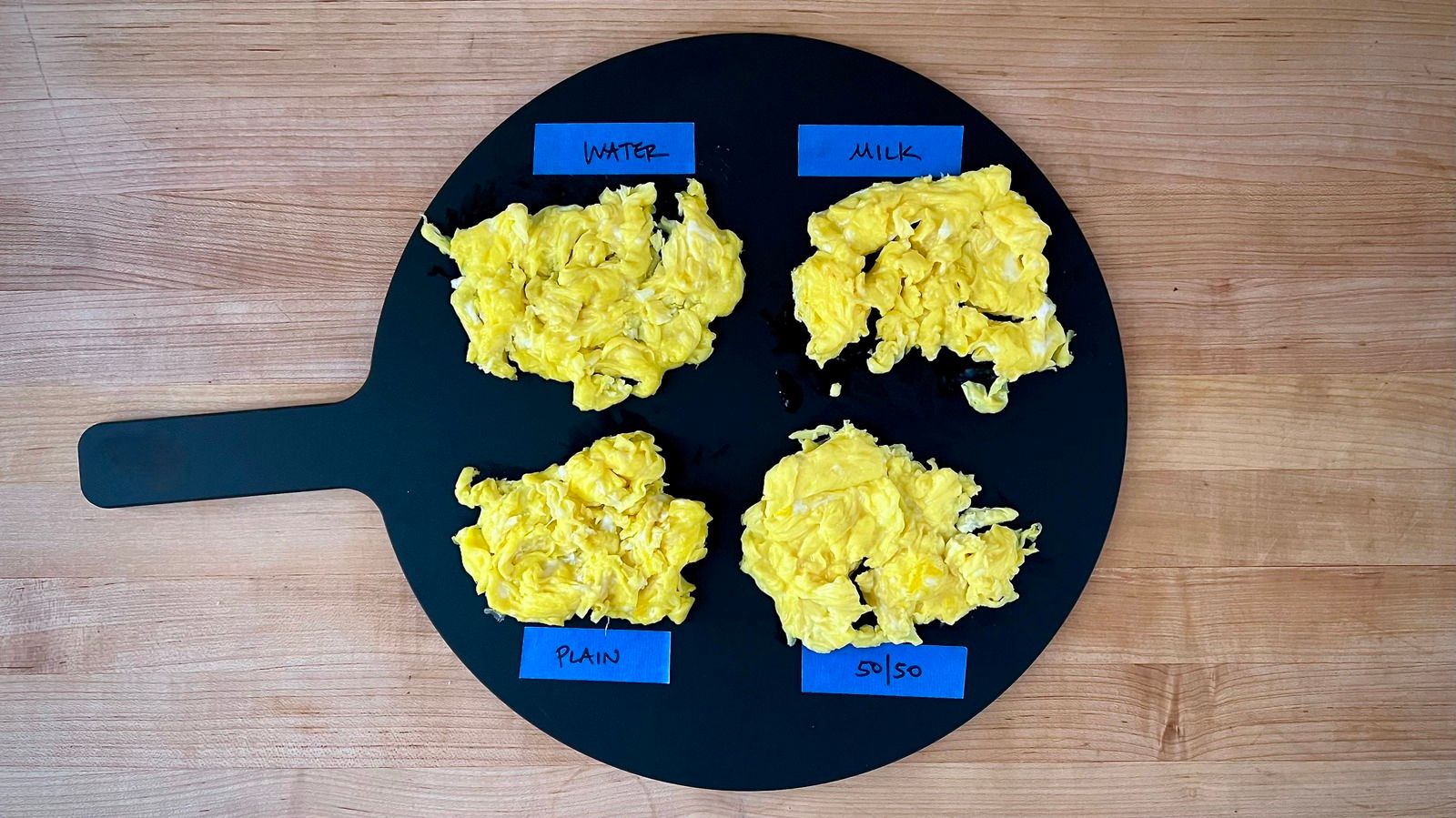
The Verdict: You're Right, She's Wrong
The uncomfortable truth? You're absolutely right, and your mother-in-law is wrong. Adding milk to scrambled eggs is a cooking mistake that's been normalized by decades of bad advice.
Perfect scrambled eggs are:
- Rich and creamy from the eggs themselves
- Silky smooth from proper technique
- Full of natural egg flavor
- Achieved through gentle heat and patience
How to Make Actually Perfect Scrambled Eggs
- Use room temperature eggs (they cook more evenly)
- Crack them directly into a cold pan with butter
- Keep the heat low and stir constantly
- Remove from heat while slightly underdone (they'll finish cooking from residual heat)
- Season at the end with salt and pepper
No milk. No water. Just eggs, butter, and technique.
The Bottom Line
The next time someone insists on adding milk to scrambled eggs, you can confidently tell them they're making them worse, not better. Science, professional chefs, and pure taste all agree: milk has no place in scrambled eggs.
Your eggs will be creamier, more flavorful, and have better texture without it. Sometimes being right means standing up to family tradition—and this is one of those times.
